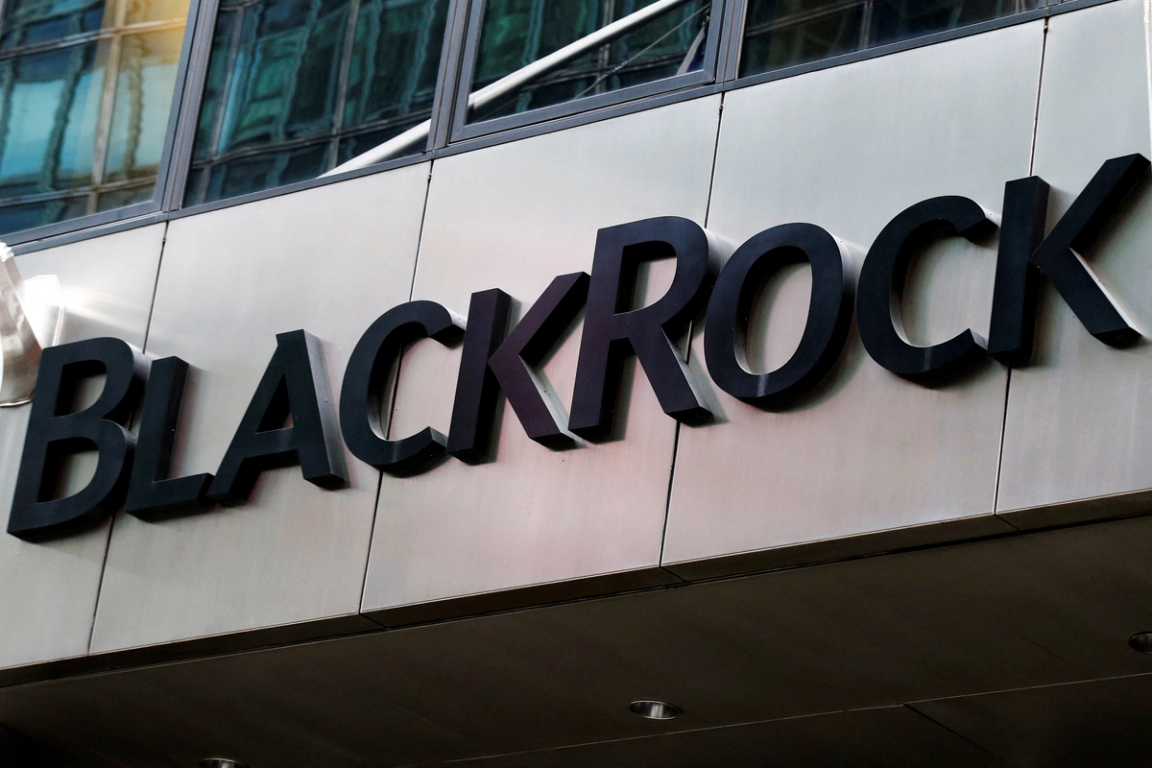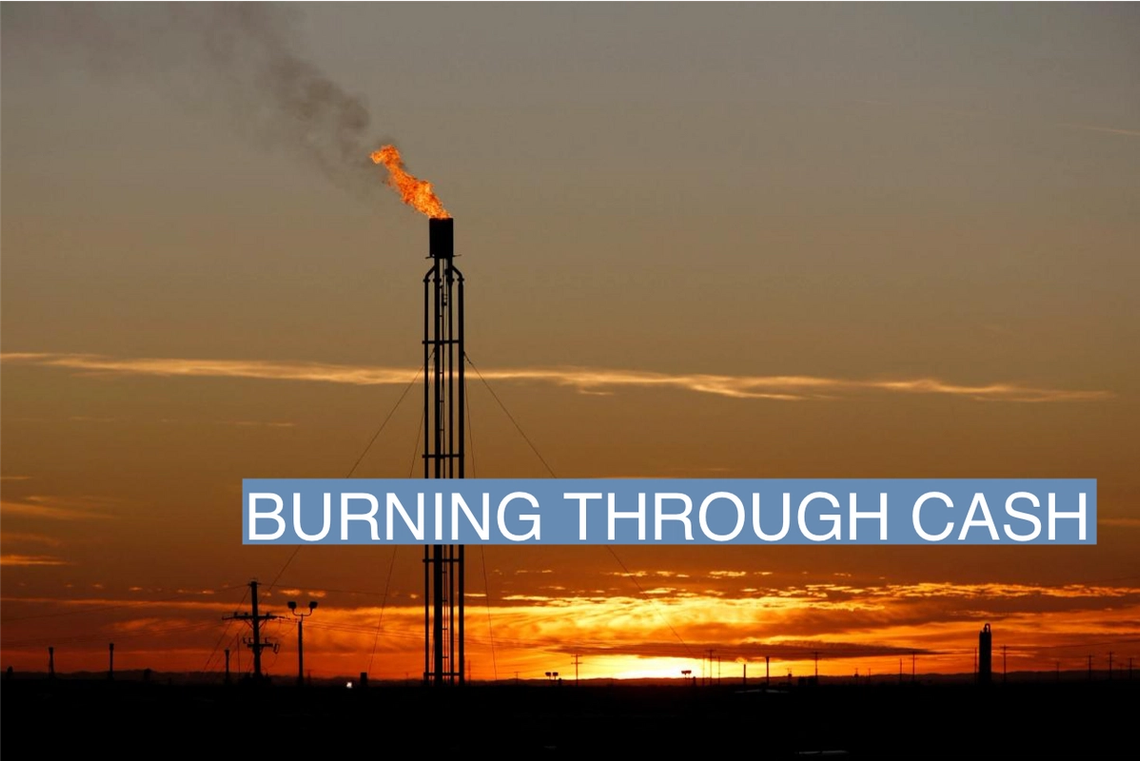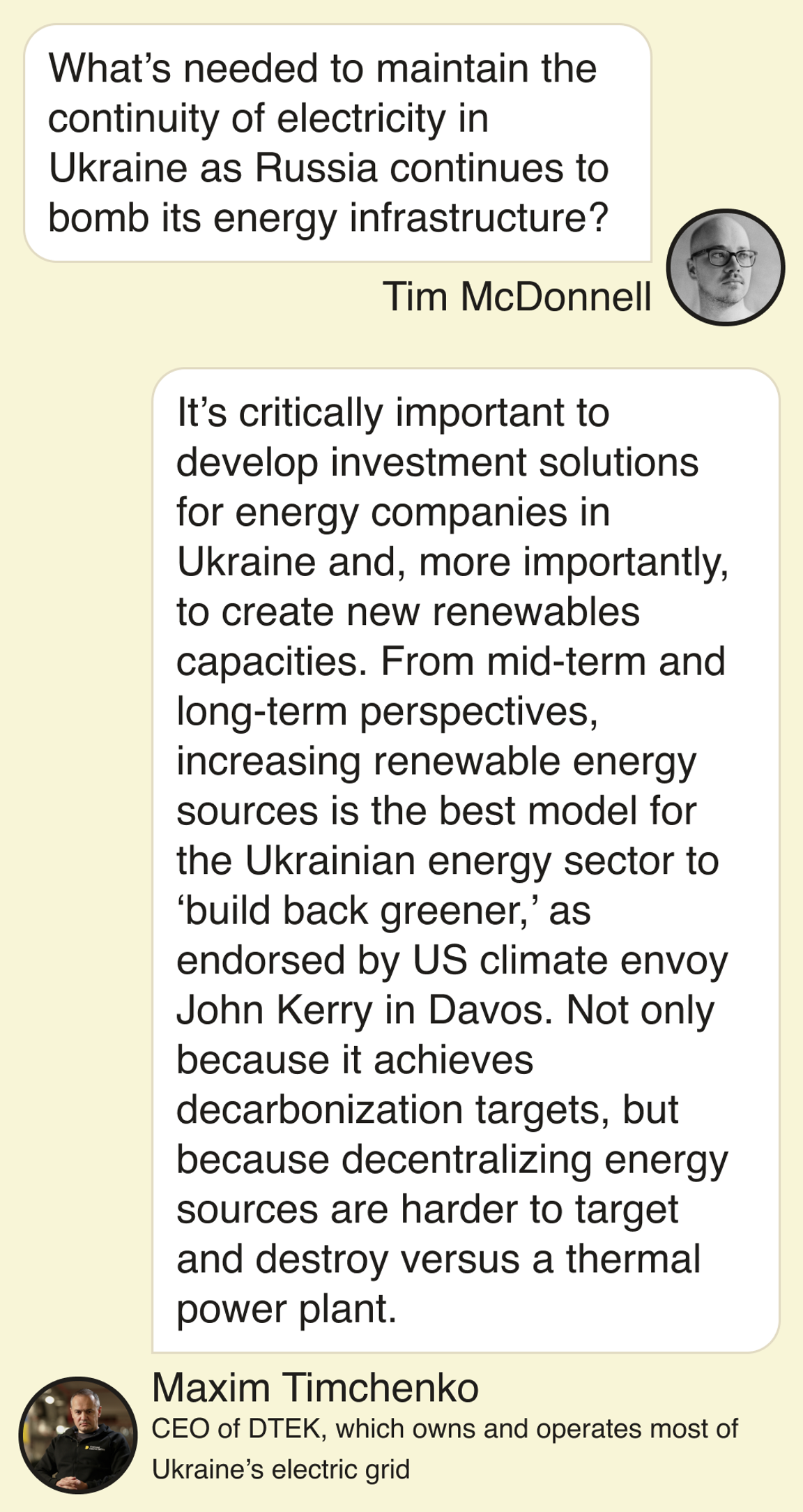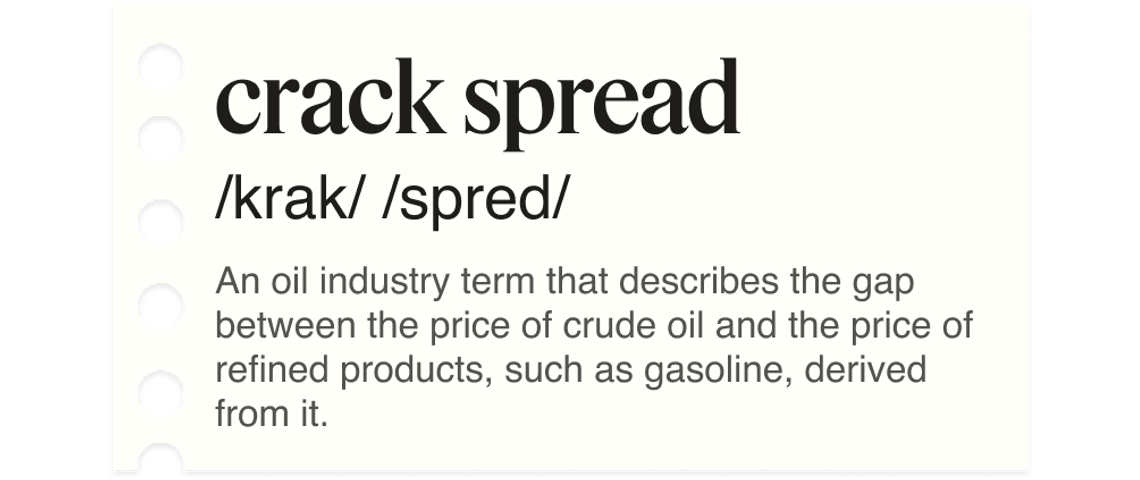 Reuters/Brendan McDermid Reuters/Brendan McDermidTHE SCOOP New York City’s comptroller wants several major U.S. banks to do more on climate change — and told Semafor that BlackRock and the other asset managers that oversee its $242 billion in pension funds should back him up or risk losing his business. The comptroller, Brad Lander, filed shareholder resolutions this week at Bank of America, Goldman Sachs, JPMorgan Chase, and Royal Bank of Canada demanding they set hard caps on what they finance that produces emissions in 2030. At the moment, those banks have only set “intensity” targets (i.e., tons of CO2 per dollar in their total lending and underwriting portfolios), which leaves room for total emissions to increase. The three New York City pension plans sponsoring the resolutions collectively control $850 million worth of shares in the four targeted banks, equal to an about 0.1% stake each in the three U.S. banks and 0.02% of RBC. “These banks say they have net zero commitments, but if they don’t have absolute emissions targets, they don’t really have a net zero plan,” Lander said in an interview in his City Hall office. He said any manager that votes against its climate proposals could get the ax — which, for BlackRock, would be a $43 billion loss. “Voting for these resolutions is about the lowest bar you can have,” he said. “We’re only going to be able to hit our net zero targets if our asset managers raise the bar. We will, therefore, begin to look at our manager selection through the lens of our commitments.” BlackRock and Bank of America declined to comment on the resolutions. Separately, other shareholder advocacy groups — which include Trillium Asset Management and the Sierra Club Foundation — this week filed resolutions at Bank of America, Wells Fargo, JPMorgan Chase, Goldman Sachs, and Morgan Stanley, asking the banks to commit to a timeline to end financing for new oil and gas drilling, and to publish more details about their strategies to reduce the carbon footprint of their loan books over the next decade. These and other shareholder groups have raised climate-related proposals in the past, asking for the banks to measure and disclose their financed emissions, which these banks have started to do. The proposals this year are more pointed in asking for strategic decarbonization details and a timeline for phasing out fossil fuels. KNOW MORE Most large public companies, including banks, have by now set some kind of decarbonization goal. But in the U.S., there’s little government oversight of these goals, leaving it to shareholders to press for more ambition and higher quality. Over the last few years, the number of climate-related shareholder resolutions has been rising, up to a record 101 at U.S. companies last year, of which 10% passed — also a record. Corporate carbon-cutting goals are especially important for pension funds and other institutional investors that own a broad range of shares across the economy and are focused on long-term returns. If the impacts of climate change tank the global economy a couple of decades from now, they have the most money to lose. At companies that give shareholders a vote on climate strategy, a growing number of shareholders are voting against those that are out of step with climate science, according to index firm MSCI. But the biggest asset managers — BlackRock, State Street, and Vanguard — still vote against most climate resolutions, because those firms are typically hard-wired to back companies’ managers and because they view many climate resolutions as overly prescriptive. Without those managers’ support, these resolutions are mostly doomed to fail. TIM’S VIEW This year’s climate-related proxy battles are as much a litmus test for the big asset managers as they are for the banks targeted by resolutions. BlackRock and its peers have to walk a razor’s edge between opposite ends of the political spectrum, and are bound to look too green to some clients and not green enough to others, with billions of dollars in managed assets at stake. As these climate resolutions come to a vote during companies’ annual meetings over the next few months, we’ll see which side they’re more concerned with alienating. Up to now, most pressure has come from the right: Florida, Texas, and other Republican-led states have been rolling out rules to blacklist asset managers perceived as biased against fossil fuels. Going forward, expect to see more pressure from the left. ROOM FOR DISAGREEMENT Notwithstanding Lander’s threat, shareholder advocacy as a method for pushing corporate climate action, in general, is severely constrained by the power wielded by a handful of big asset managers. Because they control the majority of shares at a majority of public companies, “shareholder democracy is by and large broken,” said Shivaram Rajgopal, an expert on climate-related corporate governance at Columbia University. “We don’t have a great mechanism for shareholders to really ask about what they want done with their money.” Lander’s ability to leverage BlackRock is also constrained by his fiduciary responsibility to get the best deal for his pensioners. Without competition from the world’s biggest asset manager, rival firms could be in a position to push the pensions for higher fees. In Texas, rules to blacklist “anti-fossil” banks ended up costing taxpayers hundreds of millions of dollars in higher interest rates on bonds. THE VIEW FROM LONDON As with oil and gas companies, European banks are far ahead of their American counterparts on climate. In December, HSBC became the first large multinational bank to commit to end financing for oil and gas expansion, the same demand shareholder advocates are now making of U.S. banks. It helps that European regulators, too, are ahead of the curve: This year a raft of new regulations are expected that will force banks to disclose their climate risks and publish plans to mitigate them. | 






